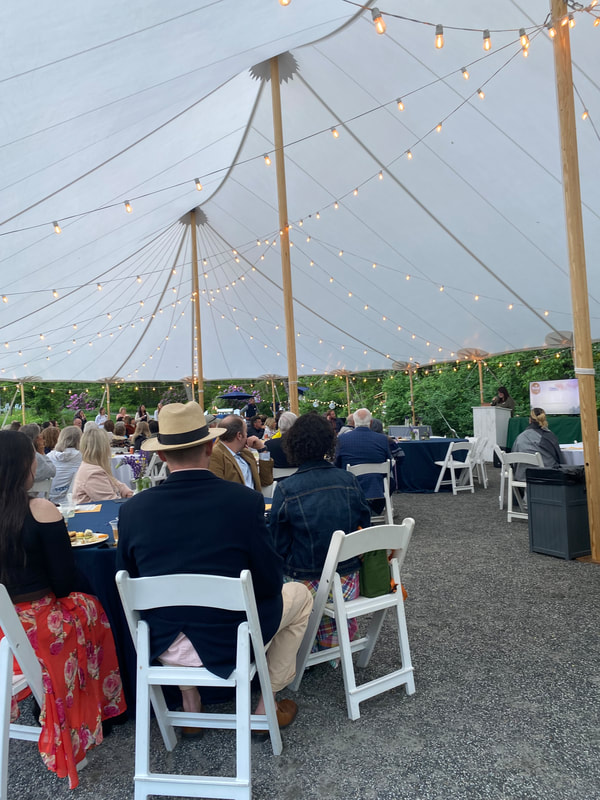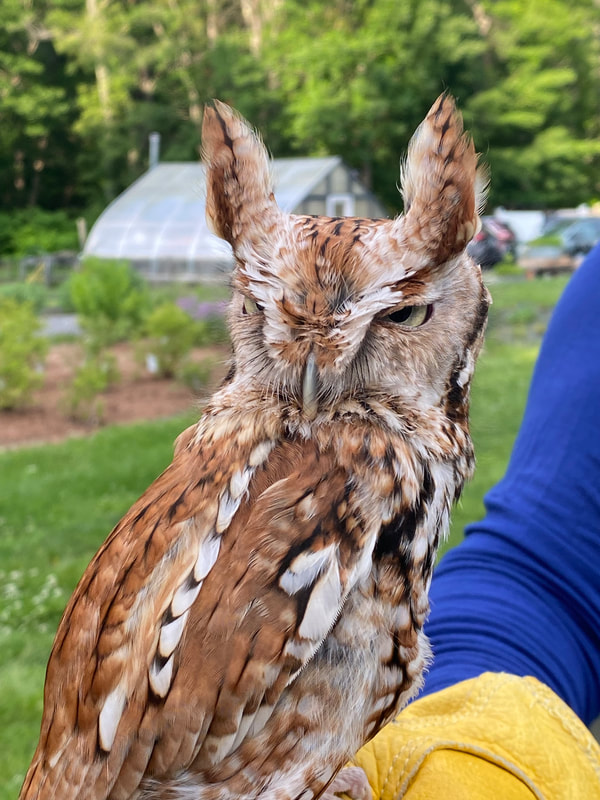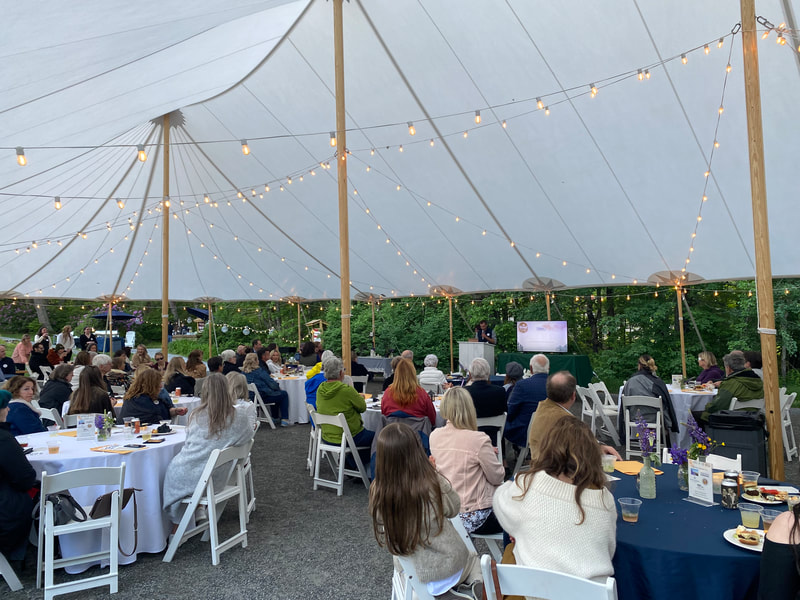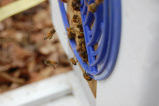|
On June 8, 2023, SeaBee Honey presented to the Center of Wildlife donors on the topic of how we can help our pollinators. We brought an observation hive to the event so that attendees could see bees up close and learn about their important role in our ecosystem. Pollinators are facing many threats today, including pesticide drift, lack of forage, and changes in climate. Pesticide drift is when pesticides are carried away from the area where they are applied by wind or rain. This can contaminate nearby fields and gardens, and harm pollinators that visit these areas. We showed a video of one of our bumble bee queens that had fallen victim to pesticide drift when a neighbors lawn was treated on a windy day. Lack of forage is a problem because pollinators need a variety of flowers to visit in order to get enough food. When there are not enough flowers available, pollinators may not be able to survive and gather enough pollen and nectar to thrive. Changes in climate are also affecting pollinators. Warmer temperatures and more extreme weather events can disrupt pollinators' nesting and feeding patterns. We discussed how warm weather in the middle of the winter caused our bees to break cluster and fly looking for food, wasting valuable energy in a fruitless pursuit. There are many things that we can do to help pollinators. One of the most important things is to plant a variety of native flowers in our yards and gardens. Native plants are well-adapted to our local climate and provide food for a variety of pollinators. We can also avoid using pesticides in our yards and gardens. If we must use pesticides, we should choose those that are less harmful to pollinators and spray at times when pollinators are not flying. And NEVER SPRAY BLOSSOMS ! Another way to help pollinators is to provide them with nesting sites. Native bees often nest in hollow trees or dead logs. We can provide nesting sites for bees by leaving some dead trees and logs in our yards, or by building bee houses. We can also provide nesting sites for butterflies by planting milkweed, which is the host plant for monarch butterfly caterpillars. Finally, we can support organizations that are working to protect pollinators. There are many great organizations working to conserve pollinator habitat and educate the public about the importance of pollinators. We can support these organizations by donating our time or money. Lucy the Eastern Screech Owl The Center of Wildlife also has a couple of animal ambassador animals, including Lucy the Eastern Screech Owl. Eastern Screech Owls are small owls that are found throughout North America. They are important predators of insects, including pests such as mice and rats. Lucy is a popular animal ambassador at the Center of Wildlife. She is a very friendly owl and loves to meet new people. She is also a great educator, and helps to teach people about the importance of owls and other wildlife. This is our third event we have co-presented with Lucy!
0 Comments
Leave a Reply. |
Details
SEABEE HONEY BLOGAuthorA beekeeper in New Hampshire [email protected] Archives
December 2023
Categories
All
|




 RSS Feed
RSS Feed